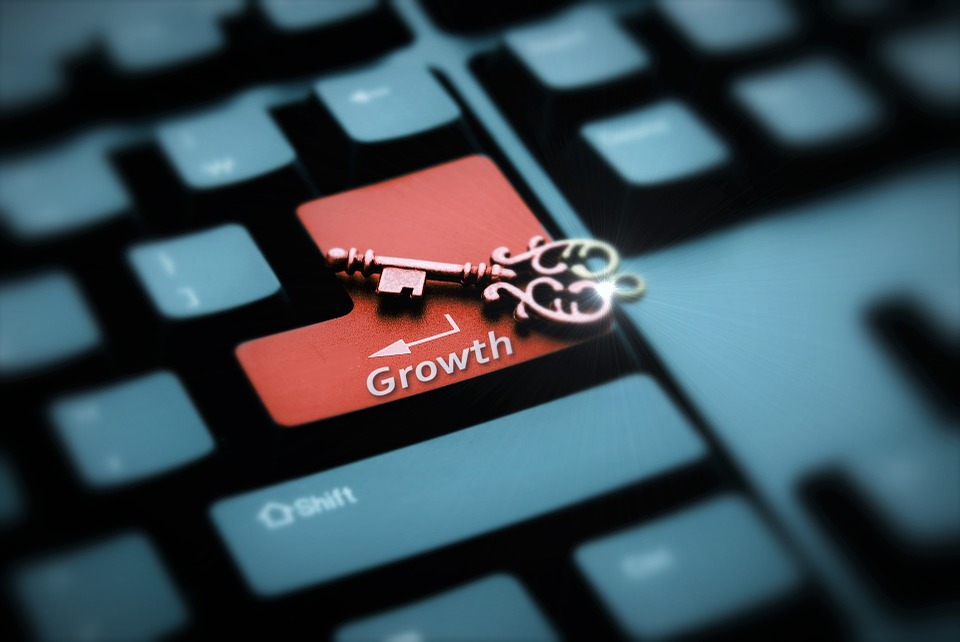There is more to being environmentally conscious than following the latest trend or adhering to governmental guidelines. There are many ways in which to conduct your business environmentally that directly benefits you as a manager and those you employ. Here are five top ways you can make your business more environmentally friendly.
Paper
The magnitude of waste paper generated by the workplace is staggering, with studies showing that the average employee wastes 6,800 sheets of fresh paper every year, as well as leaving a further 600 forgotten in the printer to be eventually thrown away. There are many ways to reduce this. Whilst not all businesses can go completely paperless, start by limiting fresh paper use to formal outgoing documents. Introduce a scrap paper drawer, just like at school, to cater for everyday informal uses such as note-taking and lists. Stick to emailing for internal correspondence and convert employees’ pay slips to an email-based digital format.
Power
With so many industries relying heavily on technology like computers, a lot of energy and money is thrown down the drain in the workplace due to reflected habits produced at home. Electrical outlets and devices left switched on when not in use require a huge amount of energy. The majority of power is wasted out of hours – a single computer left on overnight wastes enough energy to laser print 500 pages! Before leaving at the end of the day, ensure that nothing is left on standby and all mains sockets are switched off.
Having an independent power audit carried out is a wise move, as contractors can give an in-depth report of your workplace’s power usage and the most effective ways to reduce it further.
Supply Chain
Quite often, start-up companies aren’t as selective when arranging their supply chain as they probably should be and tend to select suppliers based on value and convenience. In many instances, the supply chain isn’t reexamined for better deals, causing business owners to miss out on potentially more environmentally friendly arrangements with suppliers. If a particular material is being sourced from China because manufacturing is cheap, is there anywhere closer to home that the same material could be found, saving money and energy on transport costs? Look at each link in your supply chain and consider how you might make it greener.
Virtual
It may not suit every kind of business, but virtual workplaces can be huge savers in terms of money, energy and hassle. Employees whose job is done digitally – especially on regular laptops or desktop computers – can do all of their work remotely or from their homes, and communicate with the rest of the company via email or telephone. There are many work management software programs available that provide a platform for remote working that would make the process easy to manage. By reducing the size of the team that works on the company premises, you can save the cost of energy generated by their equipment and potentially downsize to cheaper, more environmentally friendly property.
Recycling Bin
Surprisingly recycling bins are still not being utilised as widely as they should be, and workplaces are the key drivers of sustainable waste management. The amount of recyclable waste that the average workplace generates is considerable, and almost all of it ends up in landfill having been disposed of with the regular rubbish. Opened envelopes, junk mail, empty soup cans and soda bottles are a few examples of the recyclables that get thrown away every day in the workplace, and by rerouting these to more environmentally friendly disposal, you take big steps towards reducing your workplace’s carbon footprint.
Many people are put off the idea of taking steps to minimise waste and become more environmentally friendly, but as you can see, significant changes don’t need to be drastic or time-consuming. There are lots of small ways that you can cut down on waste and reduce your energy usage in the workplace that won’t negatively impact your everyday working experience.
By Sonya Cragg
Source:
https://www.environment.admin.cam.ac.uk/facts-figures
About the Author:
Head of Sales and Marketing – Countrystyle Recycling
Sonya has worked as Head of Sales and Marketing with Countrystyle for over 2 years. With Sonya’s Sales and Marketing background, she is an integral part of delivering the Sales and Marketing strategy. She develops and tailors the offering to deliver relevant, reliable and affordable services to Countrystyle’s customers as well as increasing recycling rates and reducing Kent business’ impact on the environment. Please visit http://www.countrystylerecycling.co.uk/
Countrystyle is a dynamic privately owned resource management & waste recycling business operating across Kent. With an extensive with a fleet of over 120 vehicles ranging from Artics, RoRos, Dustcarts and Skip lorries; it keeps a strong track record of spotting opportunities, understanding the market and driving innovative solutions.
Countrystyle operates with a strong landfill avoidance ethos, with facilities equipped to handle various waste streams including but not limited to – organic waste, paper, plastic, cardboard, wood and handling general waste material to be processed into RDF.







